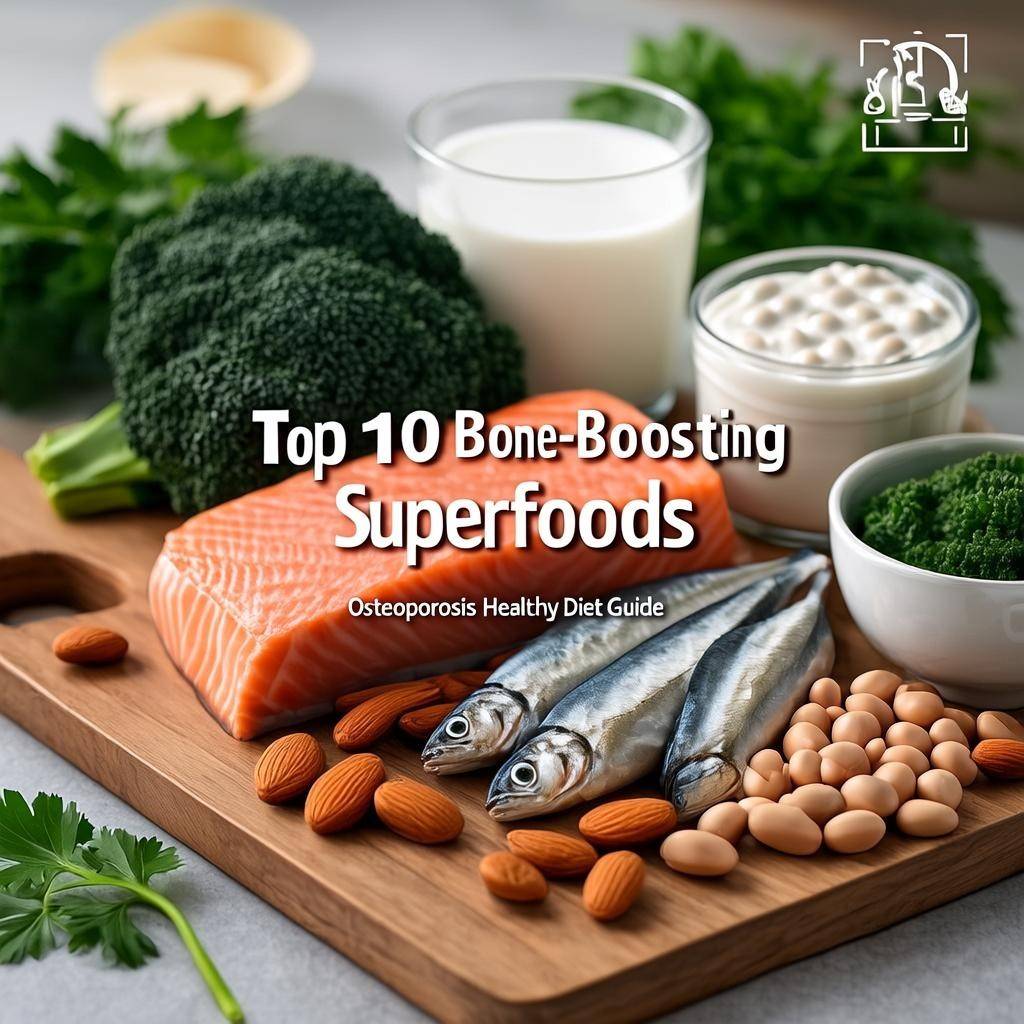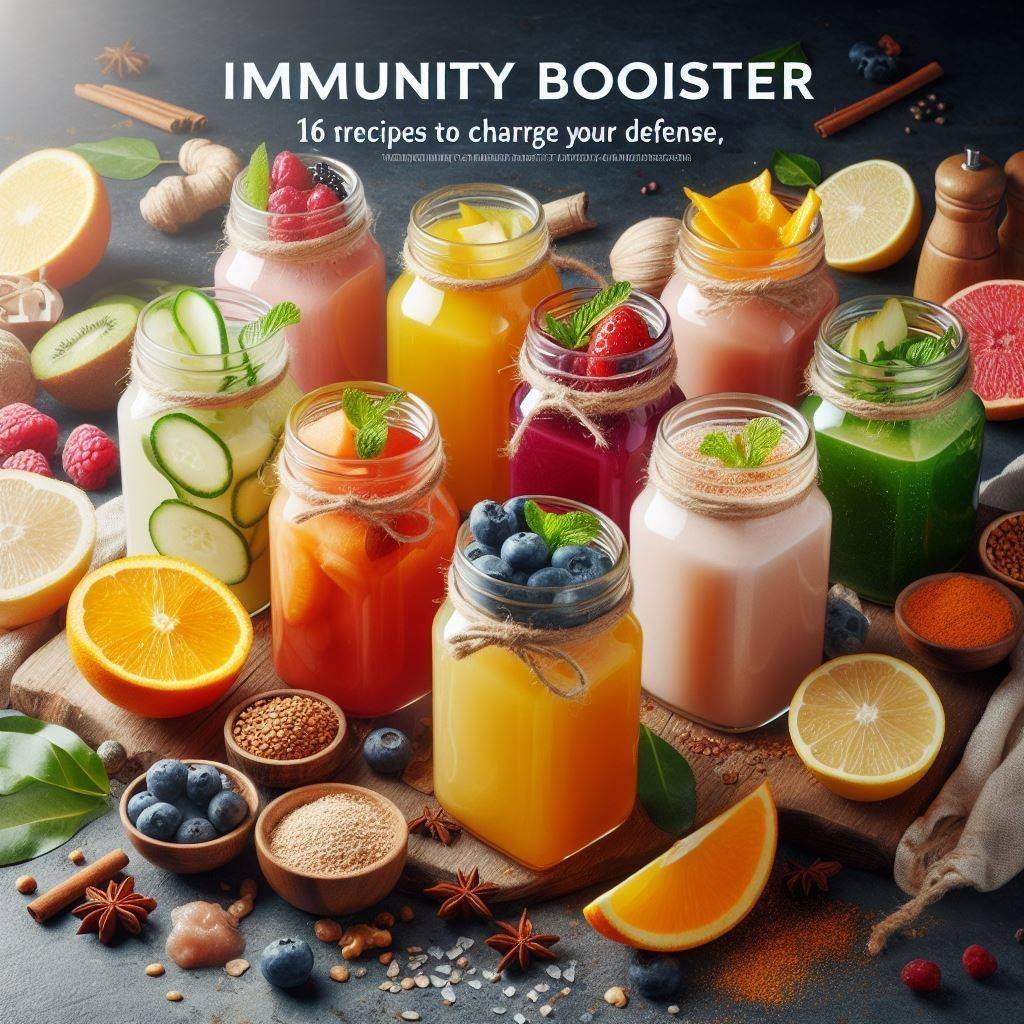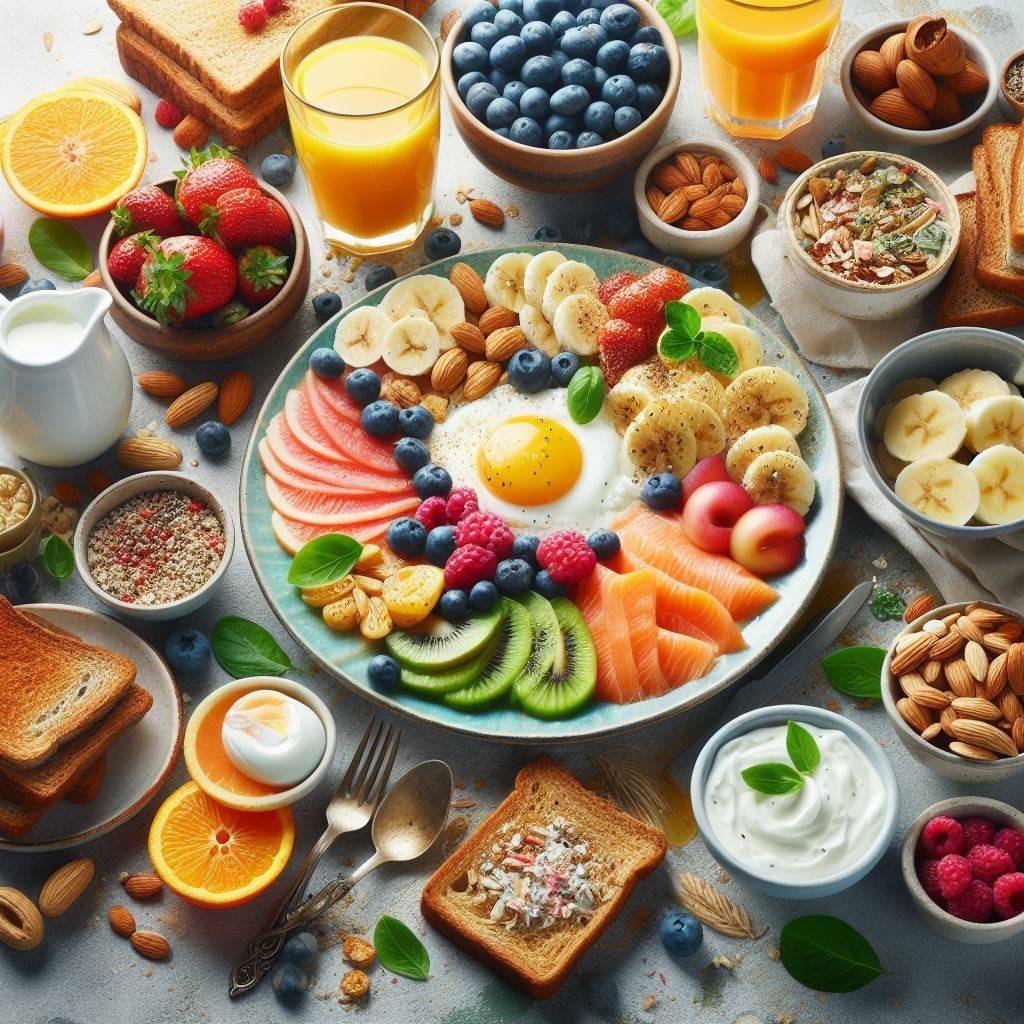An osteoporosis healthy diet can change your life. I have seen many people struggling with weak bones. The fear of fractures keeps them from living fully. But here’s the good news – the right foods can make your bones stronger. This condition affects millions worldwide, causing bones to become thin and break easily. However, with proper nutrition and bone health, you can fight back and protect your skeleton for years to come.
What Is Osteoporosis and Why Diet Matters
Osteoporosis is a silent bone disease. Your bones lose density over time. They become weak like old wood. Even minor bumps can cause breaks. I like this comparison because it helps people understand severity.
A diet inspired by Mediterranean eating—packed with natural, nutrient-dense foods—can boost bone strength and lower the chance of fractures. This shows how powerful food choices can be for your bones.
Your bones are living tissue. They constantly break down and rebuild. An osteoporosis healthy diet gives them the right materials for this process. Without proper nutrition, the breakdown happens faster than building up.
Understanding Bone Health and Nutrition
Bone health nutrition involves more than just calcium. I have tested different approaches with my family members. The best results come from combining multiple nutrients.
Fuel up with calcium, vitamin D, and protein, move with purpose, and ditch smoking and alcohol—your bones will thank you with lasting strength.
Your bones need:
- Calcium-rich foods for structure
- Vitamin D for bones to absorb calcium
- Protein for bone health to build framework work
- Magnesium-rich foods for bone formation
- Bone-strengthening nutrients for overall support
Top 10 Superfoods for Your Osteoporosis Healthy Diet
1. Dairy Products – The Classic Choice
Dairy products and osteoporosis have a long connection. Dairy like milk, yogurt, and cheese delivers a solid calcium punch—just one cup of milk gives you 300mg. That’s nearly one-third of your daily needs.
I like dairy because it’s easy to add to any meal. Dairy products contain additional nutrients (e.g. protein) that also contribute to bone health.
Best dairy choices:
- Low-fat milk
- Greek yogurt
- Hard cheeses like cheddar
- Fortified milk products
For those avoiding dairy, dairy alternatives for bone strength work well too. Choose fortified plant milk with added calcium.
2. Leafy Green Vegetables – Nature’s Calcium Powerhouse
Leafy green vegetables are incredible for bones. I have seen remarkable improvements in people who eat greens daily. These foods provide calcium that your body absorbs easily.
Top choices include:
- Kale (150mg calcium per cup)
- Collard greens (268mg per cup)
- Bok choy (158mg per cup)
- Spinach (245mg per cup)
These greens also contain vitamin K. This nutrient helps calcium stick to your bones instead of floating in your blood.
3. Fatty Fish – Double Bone Benefits
Fatty fish provide both calcium and vitamin D for bones. This combination is perfect for bone health. Sardines with bones are especially powerful.
I recommend eating fatty fish twice weekly.
- Salmon (181mg calcium per 3oz with bones)
- Sardines (325mg per 3oz)
- Mackerel (157mg per 3oz)
- Canned salmon with bones
The omega-3 fats in these fish also fight inflammation. This helps protect your bones from damage.
4. Fortified Foods – Modern Bone Protection
Many foods now contain added calcium-rich foods for bones and vitamins. I find these helpful for people who struggle to meet their needs naturally.
Best fortified options:
- Fortified plant milk (300mg per cup)
- Fortified orange juice (300mg per cup)
- Fortified cereals (vary by brand)
- Fortified tofu (253mg per half cup)
Always check labels for actual amounts. Brand-to-brand fortification levels aren’t all the same—they can differ significantly.
5. Nuts and Seeds – Small but Mighty
These tiny foods pack huge nutritional power. Magnesium-rich foods like almonds support bone formation. Mixed nuts are my go-to for a fast, bone-boosting bite.
Top choices:
- Almonds (95mg calcium per ¼ cup)
- Sesame seeds (351mg per ¼ cup)
- Tahini (154mg per 2 tablespoons)
- Sunflower seeds (19mg per ¼ cup)
The magnesium in nuts works with calcium to build strong bones. Calcium needs magnesium to function—without it, bones miss out on full support.
6. Beans and Legumes – Plant-Based Bone Power
Beans provide calcium, protein for bone health, and fiber. White beans are especially good for bones. I add them to soups and salads regularly.
Excellent choices:
- White beans (160mg per cup)
- Chickpeas (80mg per cup)
- Black beans (46mg per cup)
- Soybeans (175mg per cup)
These foods also contain isoflavone. Research shows these compounds may help protect bones, especially in women after menopause.
7. Fortified Plant-Based Milks – Dairy-Free Options
Dairy-free calcium sources are essential for many people. Modern plant milk can provide as much calcium as dairy milk. Some even contain more.
I recommend:
- Fortified soy milk (300mg per cup)
- Fortified almond milk (450mg per cup)
- Fortified oat milk (350mg per cup)
- Fortified rice milk (283mg per cup)
Always shake the container well. The added calcium settles at the bottom. Choose unsweetened versions when possible.
8. Broccoli and Cruciferous Vegetables
Broccoli is a nutrient-dense food for bones. One cup packs in 180mg of calcium along with a boot jacking C. Vitamin C helps your body make collagen for bone structure.
Other successful options:
- Brussels sprouts (56mg per cup)
- Cauliflower (22mg per cup)
- Cabbage (32mg per cup)
I steam these vegetables lightly to preserve their nutrients. Overcooking destroys valuable vitamins.
9. Eggs – Simple Bone Support
Eggs provide vitamin D for bones and high-quality protein. The yolk contains most of the bone-healthy nutrients. I prefer organic, free-range eggs for better nutrition.
One large egg provides:
- 6% of daily vitamin D
- High-quality protein
- Various B vitamins
Include whole eggs in your osteoporosis healthy diet several times per week.
10. Prunes – The Surprising Bone-Strengthening Food
Prunes may seem unusual for bone health. But research shows they can help prevent bone loss. I was surprised by this discovery, too.
Benefits of prunes:
- High in vitamin K
- Contains bone for bone health
- Provides anti-inflammatory diet bone compounds
- Easy to add to meals
Eat 5-6 prunes daily for bone benefits. Add them to oatmeal or yogurt.
Read more about: 15 Foods to Increase Calcium in Bones: Boost Bone Health with These Tasty Eats
Sample Osteoporosis-Friendly Recipes and Meal Plans
Breakfast Ideas for Bone Health
- Greek yogurt with berries and almonds
- Calcium-rich foods smoothie with spinach and fortified milk
- Scrambled eggs with cheese and steamed broccoli
Lunch Options
- Sardine salad with mixed greens
- White bean and kale soup
- Tofu stir-fry with Bok choy
Dinner Suggestions
- Grilled salmon with roasted Brussels sprouts
- Lentil curry with spinach
- Chicken with collard greens and quinoa
Osteoporosis-friendly recipes and snacks:
- Hummus with vegetable sticks
- String cheese with almonds
- Yogurt with sesame seeds
Foods to Avoid Osteoporosis
Some food can harm your bones. Foods to avoid osteoporosis include:
- Excessive salt (causes calcium loss)
- Too much caffeine (over 400mg daily)
- Alcohol (more than 2 drinks daily)
- Sugary sodas (replace bone-healthy drinks)
I don’t say avoid these completely. Just limit them in your osteoporosis healthy diet.
Essential Nutrients Beyond Calcium
Bone-strengthening nutrients work together. Don’t focus only on calcium. Your bones need:
Vitamin D: Helps absorb calcium. Get it from fatty fish, eggs, and safe sun exposure.
Vitamin K: Directs calcium to bones. Found in leafy green vegetables.
Magnesium: Partners with calcium. Magnesium-rich foods include nuts and whole grains.
Protein: Builds bone framework. Target 1.2 grams of protein for every kilo you weigh.
Vitamin C: Makes collagen for bones. Get it from fruits and vegetables.
Creating Your Personal Osteoporosis Meal Planning Strategy
Osteoporosis meal planning doesn’t have to be complicated. I suggest starting with these simple steps:
- Include calcium-rich foods at each meal
- Add vitamin D sources daily
- Choose nutrient-dense foods for bones
- Follow osteoporosis dietary guidelines
- Plan bone-strengthening meals weekly
Start small. Add one bone-healthy food each day. Build from there.
When to Consider Professional Help
An osteoporosis healthy diet is powerful, but sometimes you need more help. See your doctor if you:
- Are over 50 without recent bone density testing
- Have a family history of osteoporosis
- Take medications affecting bones
- Experience frequent fractures
Nutritional therapy for bone loss may require professional guidance.
FAQs About Osteoporosis Healthy Diet
What is the best diet for osteoporosis?
The best osteoporosis healthy diet combines calcium-rich foods, vitamin D sources, and protein for bone health. A Mediterranean-style eating pattern works well. Load up on fortified dairy, leafy greens, fish, nuts, and beans to fuel your bones right. I recommend 3-4 servings of calcium-rich foods daily plus adequate protein and vitamin D.
What is best to drink with osteoporosis?
The best drinks for bone health include low-fat milk, fortified plant milk, and water. Calcium-rich foods in liquid form are easily absorbed. I suggest limiting caffeine to 2-3 cups daily and avoiding excessive alcohol. Green tea provides beneficial compounds, but don’t rely on it for calcium. Fortified orange juice can help, but watch added sugars.
What is the best breakfast for someone with osteoporosis?
An ideal osteoporosis healthy diet breakfast includes multiple bone-strengthening nutrients. Mix Greek yogurt, berries, and almonds for a quick bite, or whip up cheesy scrambled eggs with spinach for a bone-friendly boost. Fortified cereal with milk works well too. I like smoothies made with fortified plant milk, leafy green vegetables, and fruit. Aim for 300-400mg calcium at breakfast.
Is peanut butter good for osteoporosis?
Peanut butter provides some magnesium-rich foods benefits, but isn’t a top choice for bones. It contains magnesium and protein but little calcium. Calcium-rich almond butter supports bone strength. I recommend peanut butter as part of a varied osteoporosis healthy diet, but don’t rely on it as a primary bone food. Choose natural versions without added sugar.
Conclusion: Building Strong Bones for Life
An osteoporosis healthy diet is your best defence against weak bones. The 10 superfoods we discussed provide calcium-rich foods, vitamin D for bones, and other bone-strengthening nutrients your skeleton needs.
Strong bones begin with smart nutrition. Focus on minerals, protein, fruits, and greens. Swap your drink for fortified plant milk and add bone-friendly foods daily. Every small step counts—nourish your bones now to stay active later. Give your body what it needs, and it’ll carry you far.



